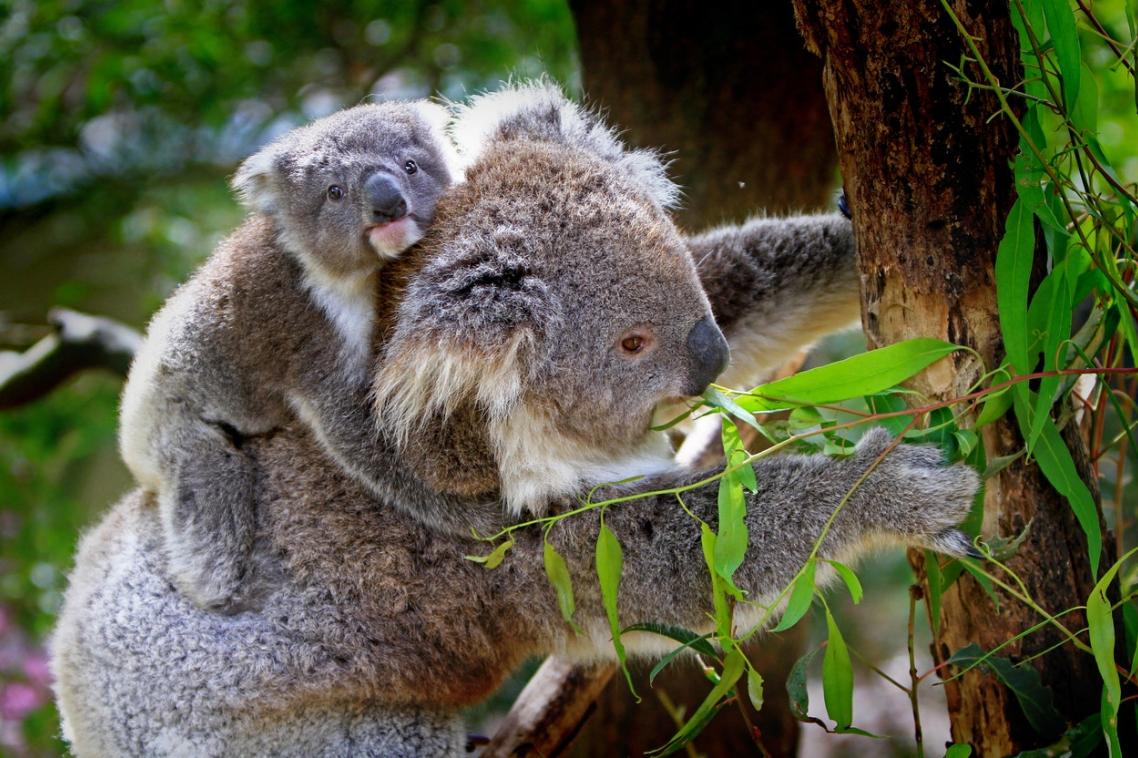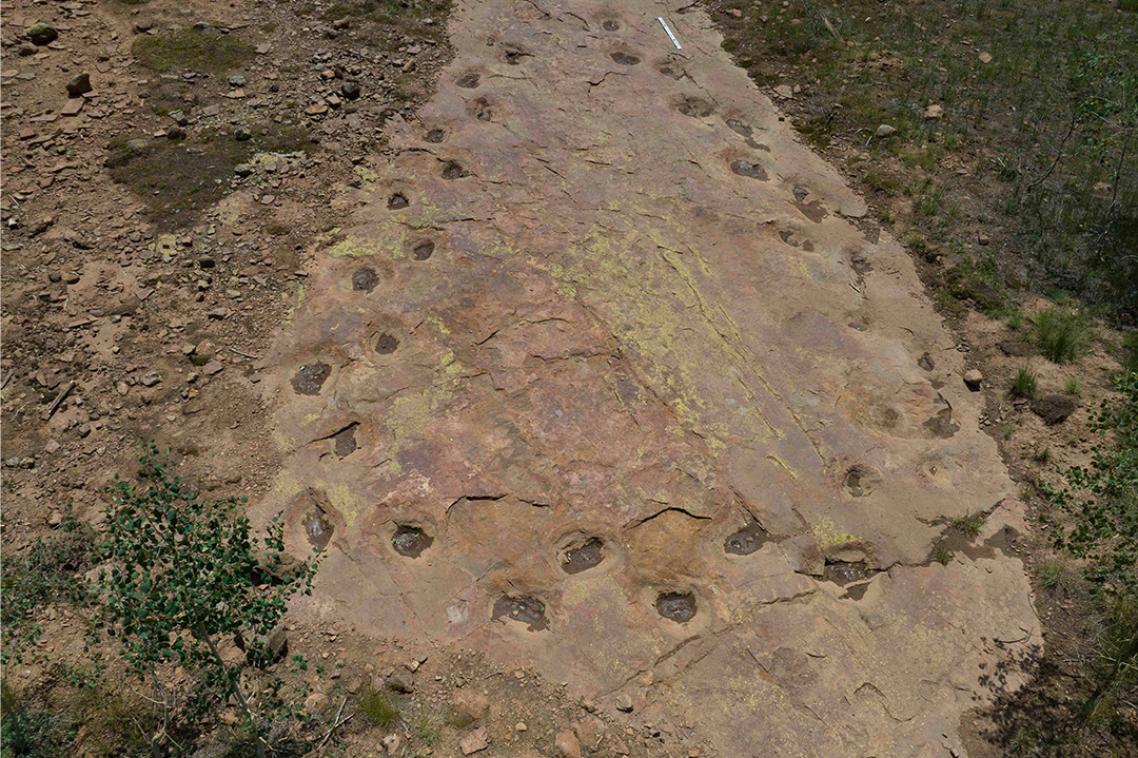Koala killer being passed to joeys from mum

A deadly koala virus that can cause immune depletion and cancer, known as koala retrovirus, is being transferred to joeys from their mothers, according to University of Queensland scientists.
Associate Professor Keith Chappell, from UQ’s School of Chemistry and Molecular Biosciences, said the virus predisposes koala to chlamydia and other disease, and was having a large impact on wild koala populations across Queensland and New South Wales.
“Koala retrovirus – also known as KoRV – and associated diseases are another threat facing koalas, along with climate change and habitat loss.
“The virus causes immune depletion, likely making it much harder for koalas to cope with these other, already-detrimental environmental stressors.
“All northern koalas share a single highly conserved version of KoRV that is integrated into the koala genome, however until now, we weren’t certain how other disease-causing variants are spread.
“By sequencing variations of the virus DNA in 109 captive koalas, we finally revealed how the virus spreads – from mother to joey.
“It seems that transmission between mother and joey likely occurs due to close proximity, via a joey’s exposure to a mother’s potentially infectious fluids, like their milk.
“Mothers were sharing their virus variants three times more than fathers, suggesting this is the dominant pathway of spread for the virus.
“And, unlike other diseases affecting koalas like chlamydia, there’s no evidence of sexual transmission.”
The 109 koalas were housed in two sites in south-east Queensland, helping identify a total of 421 unique koala retrovirus sequences.
Collaborator and lead author, PhD candidate Briony Joyce said the research may lead to a re-think in how conservation plans are executed.
“This work will be highly informative for koala conservation, as it suggests that captive breeding programs focused on mothers that have a low amount of retrovirus variants, could result in healthier animals for release,” Ms Joyce said.
“Also, we propose that antiretroviral treatment – if shown to be safe in koala and effective against KoRV – could be used specifically in mothers during breeding seasons to prevent transmission.
“This work helps pave the way for evidence-based conservation, increasing koala resilience to help them cope with a changing and challenging environment.
“We must do everything we can to ensure the survival of this culturally important species.”
The research has been published in PNAS (DOI: 10.1073/pnas.2024021118).
Media: Associate Professor Keith Chappell, k.chappell@uq.edu.au, +61 (0)406 644 435; Briony Joyce, briony.joyce@uq.net.au, +61 (0)450 179 313; Dominic Jarvis, dominic.jarvis@uq.edu.au, +61 (0)413 334 924.
Topics
Related articles

Looping long-necked dinosaur site reveals its secrets

Beyond COP30: harnessing momentum and opportunity
Media contact
UQ Communications
communications@uq.edu.au
+61 429 056 139
